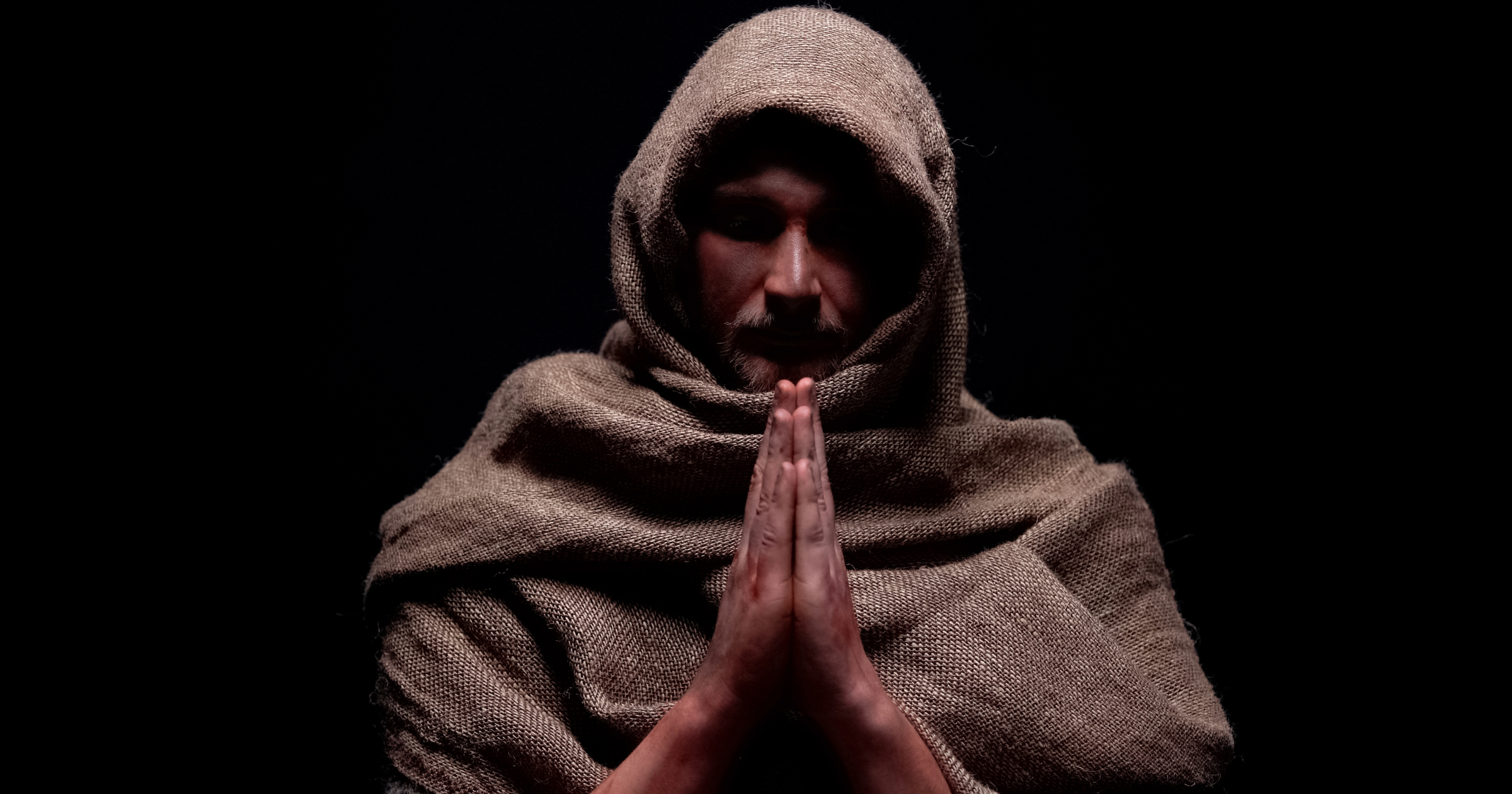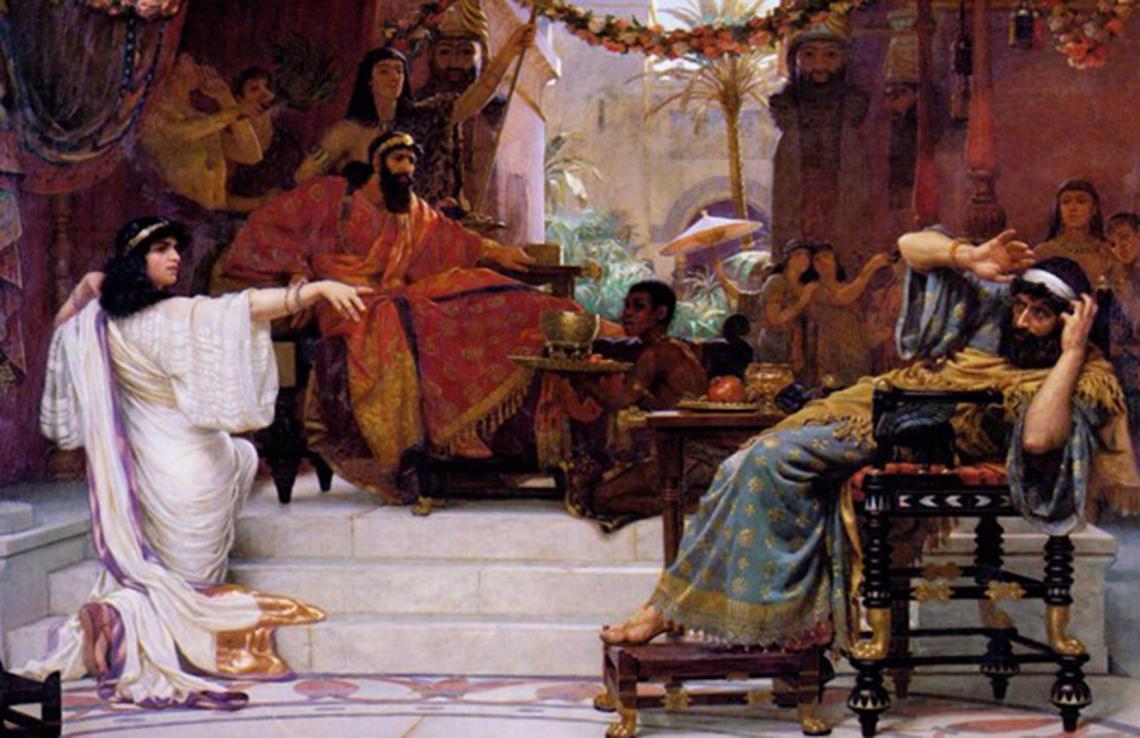
PADDING
Mordecai, A Faithful Hero Who Believed God
Mordecai was a man whose faith in God stands out in at least two significant ways in the historical account of Purim. As we look at Mordecai’s life portrayed in the book of Esther, we see a man who understood that worship belonged to the Lord alone, and a man who never lost sight of God’s big-picture promises.
«If you started reading from your email, start here!»
As a follower of the one true God, Mordecai did not put earthly authority before God. The king had given orders that everyone within the gate of the palace grounds was to bow and pay homage to Haman. But Mordecai would not bow his knee to anyone but God. Day after day, he refused to bow before Haman. When asked, Mordecai explained it by saying simply that he was Jewish. Haman raged and set out to destroy not only Mordecai but all the Jewish people because their laws of allegiance were different.
Haman persuaded the king to sign an irrevocable decree that on a selected day determined by casting lots (the word Purim means “lots”), the empire would pay a bounty for the killing of Jewish people. The day was set, and a massacre would surely take place. When Mordecai learned of it, he went to the palace gates in sackcloth and ashes — symbols of extreme grief — and wept loudly and bitterly. Through messengers, he relayed the reason for his grief to Queen Esther, imploring her to go to the king on behalf of their people. Esther replied that she dared not go unsummoned on pain of death.
The situation seemed impossible. The Jewish people were about to be annihilated. However, Mordecai believed God’s promises to his forefathers. Like Abraham when he considered his advanced age and God’s promise of countless descendants through barren Sarah, Mordecai believed God would preserve the Jewish people through this seemingly hopeless situation, keeping His promise of the Messiah to come.
“Yet, with respect to the promise of God, he did not waver in unbelief but grew strong in faith, giving glory to God, and being fully assured that what God had promised, He was able also to perform.”
— Romans 4:20–21, about Abraham’s faith
Mordecai’s faith shone through when he relayed to Esther that if she didn’t intervene, God would send someone else to do so.
“For if you remain silent at this time, relief and deliverance for the Jews will arise from another place, but you and your father’s family will perish. And who knows but that you have come to your royal position for such a time as this?”
— Esther 4:14–15
Mordecai was grieved and concerned at various points along his and Esther’s journeys, but he believed the God of Israel. He didn’t lose sight of the Lord or His words spoken through Moses and the prophets. They anchored him in a spiritual reality that transcended circumstances. Though he sensed that he and Esther would not survive the impending massacre, he knew that God would be faithful to His covenant with Israel and His promises of a coming Messiah who would reign forever. And he recognized the possibility that Esther’s status as queen could be for the very purpose of saving their people.
Mordecai’s steadfast commitment to believing and trusting God reveals itself in a faithful life. He gave wise counsel to Esther and did the right things before the Lord and man but stood firm in his allegiance to God above every man. The Lord used Mordecai to help deliver the Jewish people from destruction by employing these faithful qualities in a story whose pieces only came together at the end. We never know what decision, moment of integrity, or act of faithfulness on our part could lead to. It may be that it’s a short stanza in a whole symphony that God is still orchestrating toward a climactic and beautiful end.
“And without faith it is impossible to please God, because anyone who comes to Him must believe that He exists and that He rewards those who earnestly seek Him.”
— Hebrews 11:6
Esther and Mordecai confronted the literal Haman, and today, “Haman” comes in many forms, from anti-Semitism to the spirit of unbelief that deters Jewish people from accepting Jesus as the Messiah. You can play a vital role in opening Jewish hearts to the Gospel. When you give to Jewish Voice, you “confront Haman” and become a faithful hero by revealing Jesus’ love, meeting practical needs, and sharing the Good News of Yeshua (Jesus).

Loading...


